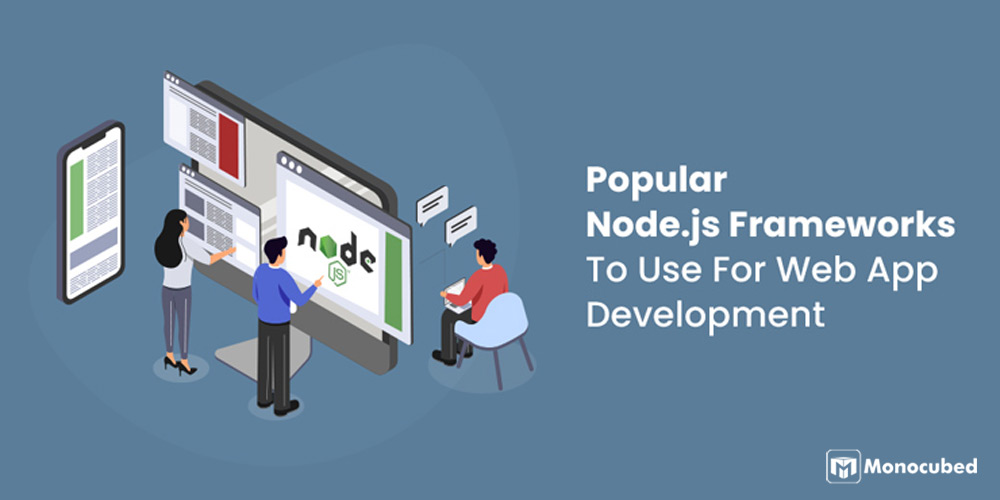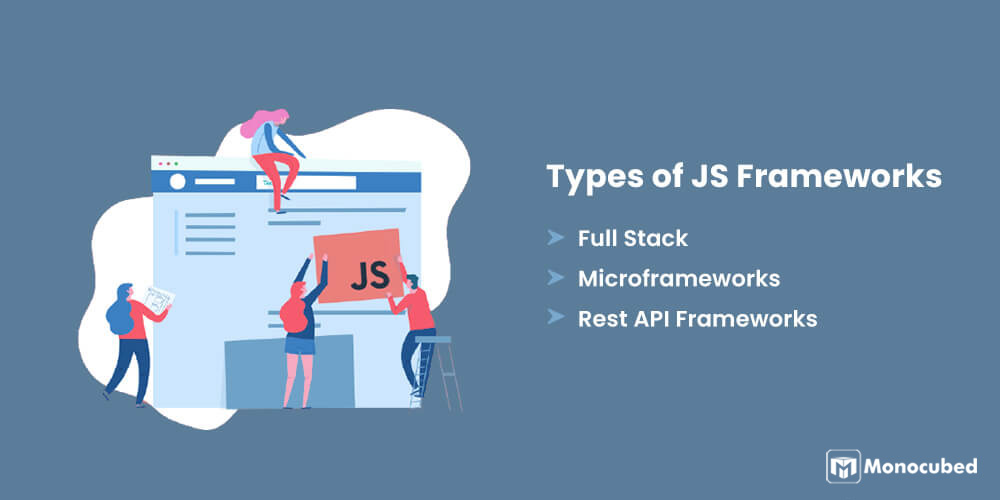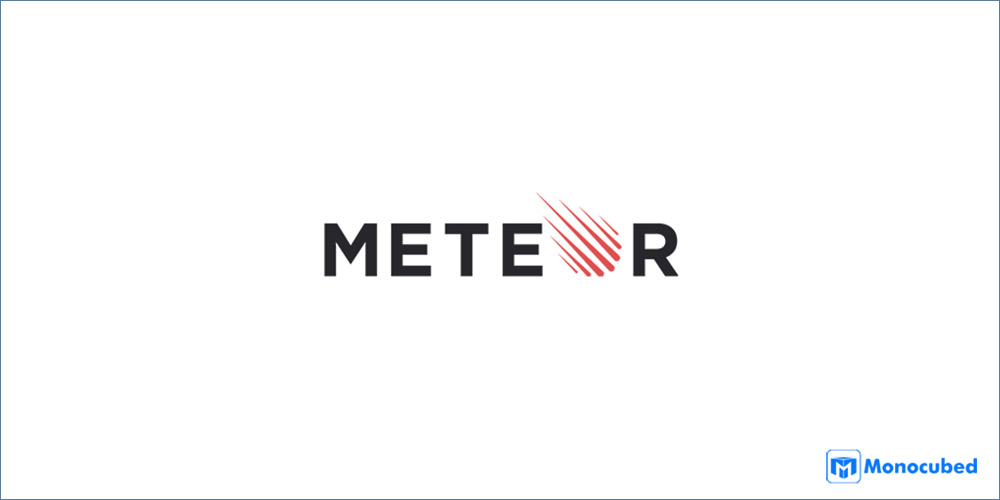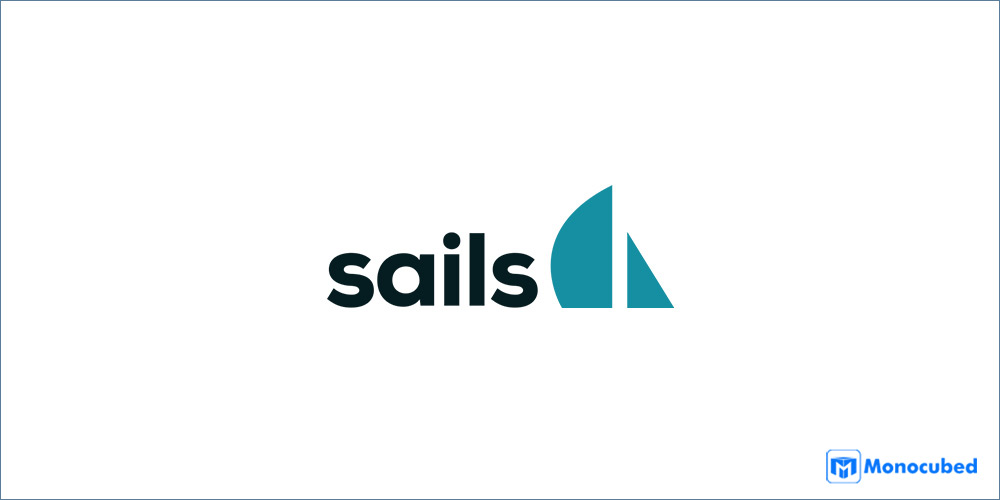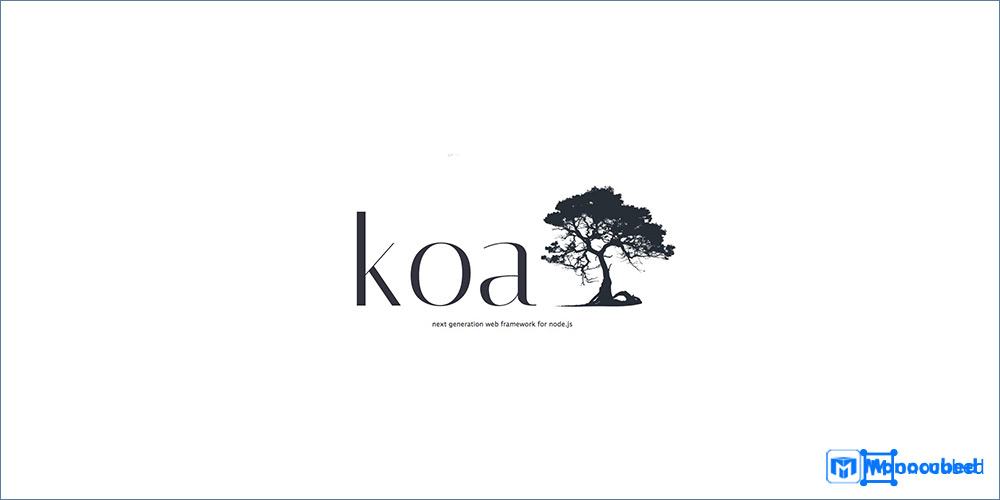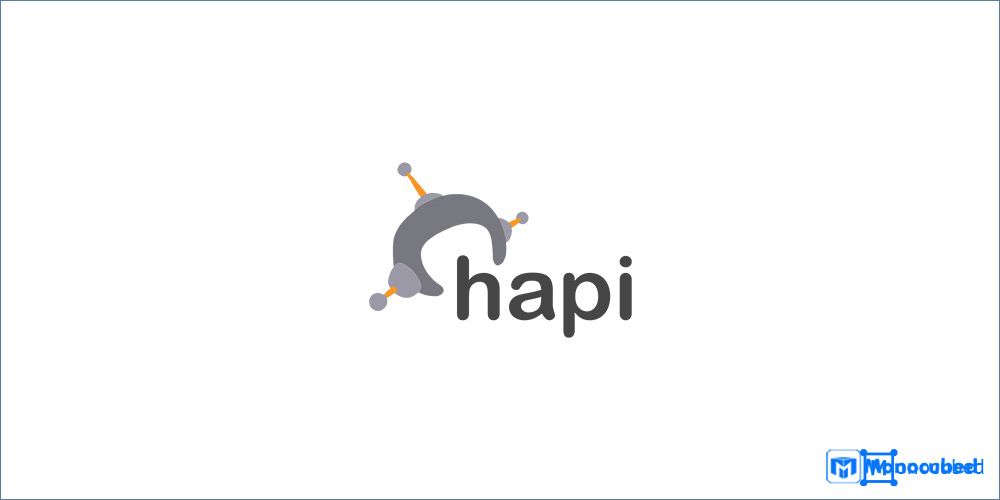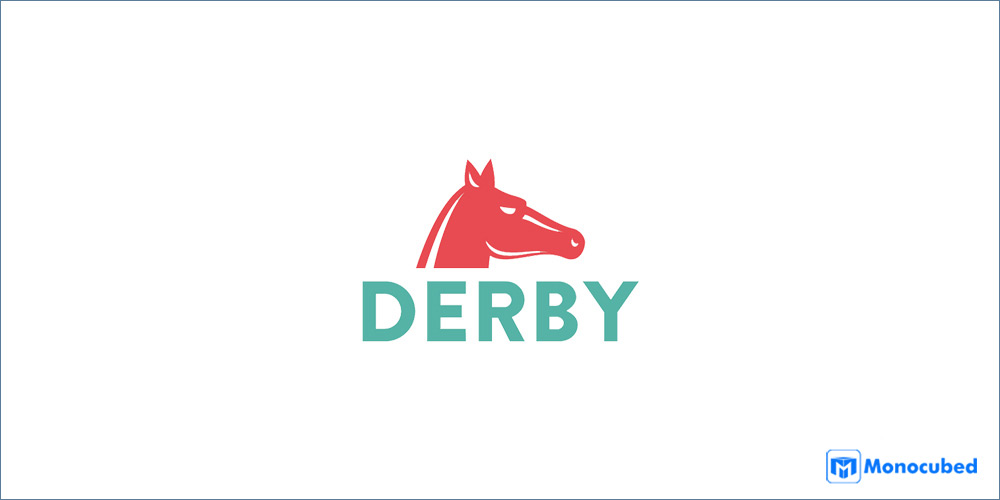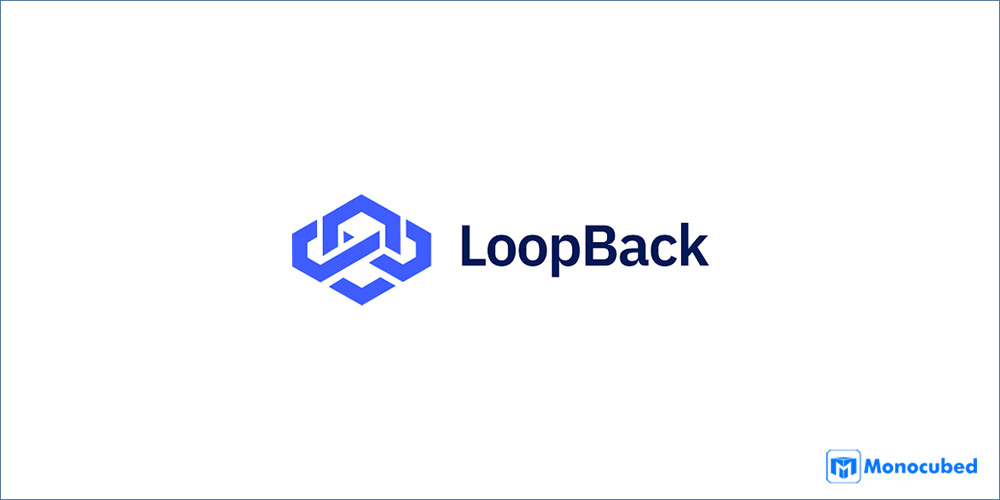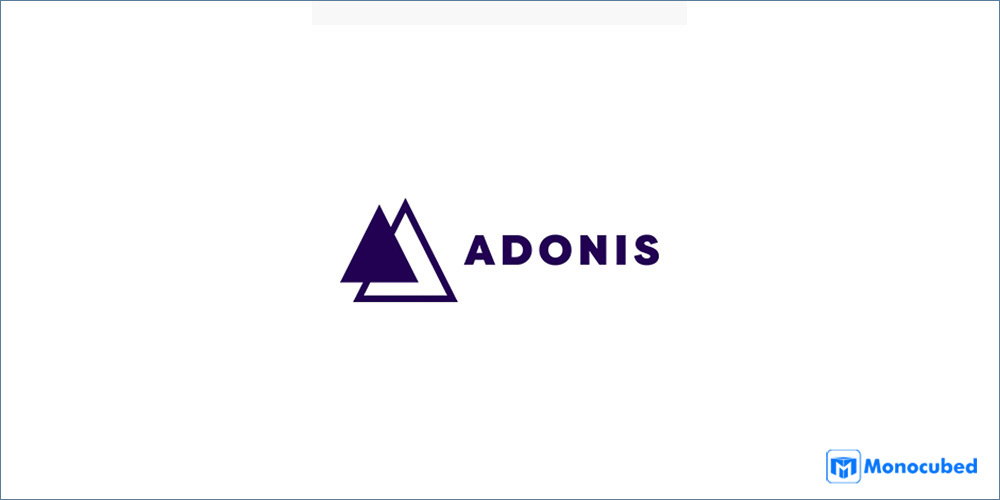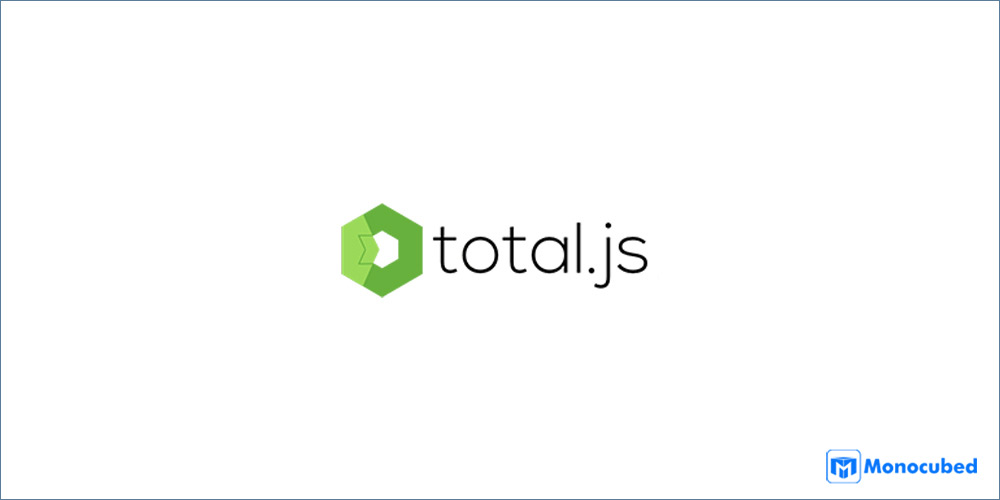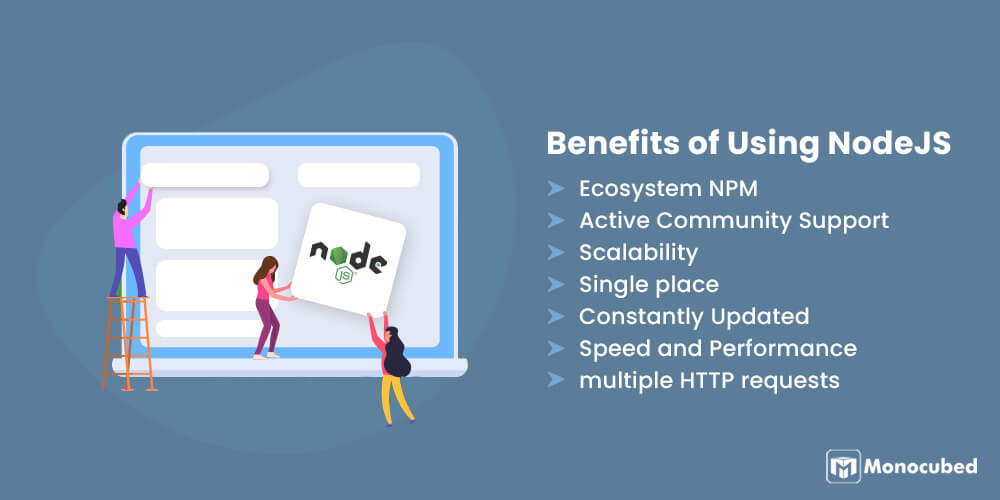When it comes to frontend development, JavaScript is undoubtedly the most popular scripting language. Many frameworks and libraries for JavaScript are available to simplify the development process.
Node.js is one such JavaScript framework for server-side JavaScript programming. According to W3Techs, 1.3% of websites on the web(approximately 20 million websites) are using Node.js in 2021.
As a Node JS development company in USA, we prefer using Node.js owing to its scalability, speed, and performance. There are many frameworks and tools available to make working with NodeJS simple and efficient.
We list out the best NodeJS frameworks that you can use for seamless web development. We will also help you with criteria to consider when choosing the right NodeJS framework.
Table of Content
What is Node.js – An Environment or Framework?
Node.js is a JavaScript runtime environment that offers a platform for running application scripts on the server-side. It is, however, often confused with a framework as it incorporates a text editor, a unit testing framework, server configurations, UI components and many more packages for web development.
It is built on the fast and reliable Google Chrome’s V8 engine, which can execute JavaScript code on a browser server.
Additionally, NodeJS does not allow a process to block CPU time for running input-output operations. This means multiple processes can execute at the same time. This event-driven I/O management keeps the framework lightweight and efficient.
Node.js is therefore perfect for working with data-intensive real-time applications that run across distributed devices.
Defining Features of Node.js
Below are some of the vital features that make Node.js to be the first choice of any software engineer.
- Single-threaded – Node js utilizes a single-threaded model with an event looping. This program can deliver service to a considerably larger quantity of requests than the traditional servers, namely Apache HTTP Server.
- Asynchronous and event-driven – All the APIs of the Node js library are asynchronous. When a server is performing an operation and needs some data, it will send a data request to the API. Instead of waiting for the API to send the required data, the server will jump to the next task. A notification mechanism of events of Node js assists the server to avail a reply from the former API call.
What is a Node.js Framework?
A Node.js framework provides basic application architecture, template engines, and inbuilt libraries that help you develop scalable, high-performance websites and apps with Node.js. They simplify and streamline the development process of server-side web applications.
With an abstract design, a Node.js framework holds placeholder elements. You just have to write in your customizable code to make a complete web application. It takes care of the rest of the application structure. They also help developers define the control flow and data flow of the web app.
Why do you need Node.js frameworks?
Node.js comes with a lot of in-built functionalities that can be hard to focus on if you are not an expert. Node.js frameworks like Sails or Express help you streamline the development process while taking care of the background details for you. This encourages rapid development, increased productivity and most importantly, smooth testing and debugging.
They provide tools and plugins making apps easier to prototype and develop. Node.js frameworks also improve the performance and scalability of web applications.
Types of JS Frameworks
-
Full Stack –
- Full-stack MVC frameworks are a single-stop solution for developers.
- They come bundled with a variety of features such as project scaffolding, in-built template engines, web socket support, and core UI libraries.
- You can use full-stack Node JS frameworks to build real-time scalable web apps. They provide backend and frontend management using only JavaScript.
-
Microframeworks –
- Micro frameworks are lightweight frameworks that are used for a particular development task.
- They are flexible and offer rich configurations and are less opinionated than full-stack frameworks.
-
Rest API Frameworks –
- Rest API frameworks are server-side frameworks specifically for the creation of robust APIs.
- You can develop a simple REST API for handling CRUD (Create-Read-Update-and Delete) requests on your server.
Want to Convert Your Web App Idea into Reality?
Talk to us. Let’s validate your idea for free and convert it into a highly performative web app.
Popular Node.js Frameworks for Web App Development
| Logo | GitHub Stars | GitHub Link | Website Link |
|---|---|---|---|
 |
57.3K | Express | Express Js |
 |
42.9K | Meteor | Meteor Js |
 |
22.3K | Sail | Sail Js |
 |
88.1K | Nest.js | Nest Js |
 |
32.8K | Koa | Koa Js |
 |
13.9K | Hapi | Hapi Js |
 |
4.7K | Derby | Derby Js |
 |
13.3K | Loopback | Loopback Js |
 |
12.6K | Adonis.js | Adonis Js |
 |
4.1K | Total | Total Js |
-
Express
Express.js is used for the development of backend services such as web sockets, web APIs, and other web services. It is free and open-source software, released under MIT license, and is closely inspired by the microframework Sinatra.
The key features of the Express.JS framework are–
- Express provides a layer on top of Node.js that provides web application development features such as basic routing, middleware, template engine and static files serving
- It is minimalist and does not overload the performative speed of NodeJS
- It is used for building efficient modern web applications and web API
- Express uses Model-View-Controller(MVC) structure for segmentation of code
- Flexible and customizable according to personal needs
- Allows you to set up middleware to manage HTTP requests and responses
- A state-of-the-art Object Relational Mapping(ORM) software that allows you to obtain expensive CRUD operations
- Express.js is used by Uber, PayPal, IBM, and other companies for server development
Companies that use Express.js-
- Uber
- Fox Sports
- Accenture
- Myntra
- Quizup
- Taskade
Read our blog on Express Vs Django, for a detailed comparison of the two backend frameworks.
-
Meteor
Meteor is a free and open-source framework for seamlessly building and deploying web, desktop and mobile applications in JavaScript. This framework is used for rapid prototyping using Node.js.
Some other advantages of using Meteor are–
- You can develop a single cross-platform source code that works on the web, desktop, iOS, and android
- MongoDB relational database is integrable with Meteor.Js which helps you synchronize the data
- LiveReload is a built-in feature of Meteor which lets you visualize your code logic without rebuilding the project or refreshing the browser page
- Meteor has a reactive UI development platform
- A single language consistently used all over the application thus improving consistency
- You can make live updates to the website
Companies that use Meteor Js-
- Delloite
- Accenture
- Mazda
-
Sail
Sails is an MVC architecture JavaScript framework developed on top of Node JS. It is the top choice for developing enterprise applications and web APIs in a simple and uncomplicated way.
Sails has an improved Rails version of MVC software design, incorporating more data requests, automatic generation of JSON requests and additional HTTP support.
- Sails bundles a powerful ORM, Waterline, which provides a simple data access layer that works with any popular database
- Sails incorporates blueprints and scaffoldings that you can use to immediately start your app’s backend without any coding
- Every route on your Sails app supports web sockets that will translate incoming socket messages
Companies that use Sail Js-
- Postman
- Microsoft
- Amazon
- Tesco
- Verizon
- Solarwinds
-
Nest.js
One of the most progressive Node js frameworks, Nest.js is used for building dynamic and scalable applications for enterprises and businesses. It offers complete flexibility to developers like you with an extensive selection of libraries. Nest uses progressive JavaScript and TypeScript as its core language.
- Typescript enabled, which ensures Nest.Js has strong typing and employs good coding practices
- It is a multi-paradigm framework, implementing OOP(Object Oriented Programming), FP(Functional Programming) and FRP(Functional Reactive Programming) concepts
- Comes with a backend productivity booster
- It has an extremely adaptable ecosystem that supports the development of fully-fledged server-side applications
- The Nest CLI is powerful letting you generate many out-of-the-box features in your web application
- It gives a live preview feature which means you are able to see how your application looks in your personal browser
- Very versatile, flexible, and extensible with ready-to-use patterns
- Uses Express under the hood as an HTTP server framework
Companies that use Nest Js-
- Adidas
- Neoteric
- Sanofi
-
Koa
Koa is a highly extensible minimalist web framework for NodeJS developed by the Express.js team.
- A Koa web application looks like an object containing an array of middleware functions. Koa composes these functions in a stack and executes them when a user requests
- Improved interoperability and robustness with high-level JavaScript even in the lower middleware levels
- Offers tools for the support of content negotiation, cache freshness, proxy support, pop-ups, and redirection
- It provides an extendable platform for middlewares, without having any integrated to its core, thus maintaining a small footprint
- The most important feature is that it allows you to work without callbacks
Companies that use Koa Js-
- Gapo
-
Hapi
Hapi is a secure JS framework for developing JSON APIs and scalable web apps. With input validation, it is one of the most secure and minimal Node.js frameworks.
Some key features of the Hapi.js framework are–
- It uses a plugin-based architecture
- Has a rich ecosystem that has a lot of defaults for securing your website
- Used by large-scale companies such as Disney, PayPal
- Hapi framework provides dynamic content for users by executing the JavaScript template engine quickly
- It is extremely scalable and supports many third-party plugins. These plugins allow the building of real-time chatting apps that can be scaled to support thousands of users
- It helps developers generate detailed documents
Companies that use Hapi Js-
- Gozova
- Boodle
-
Derby
Derby.js is a full-stack web framework for the development of Node.js web applications. It is well known for its ‘Racer Engine support’, which enables multiple users to work in real-time on the same data.
- Using the Operational Transformation services of ShareDB, this Node framework employs a sophisticated conflict resolution algorithm for offline access, real-time updates, and instant interactions
- Derby.js unifies the server and client web browsers, enabling the usage of single code for both backend and frontend
- There is no need for implementing the costly DOM implementations on the server-side as Derby uses templates for data rendering
- On the server-side, Derby.js renders the HTML output of templates for speedier page loading
- It offers full support for search engine optimizations
- On the client-side web browsers, DerbyJS renders with fast, native DOM manipulation methods
Companies that use Derby Js-
- Washington University in St Louis
-
Loopback
A highly extensible API MVC framework for Node.js and TypeScript, LoopBack enables you to quickly create APIs and microservices composed of backend systems. Loopback establishes a seamless connection between your API and its backend data sources.
Built on top of Express, when you input a data model definition, LoopBack will generate an end-to-end REST API.
- Has an inbuilt client, API Explorer which lets you dynamically explore your application
- Uses MySQL, MongoDB, Oracle databases to create data models from schemas
- SOAP or REST services are employed for speed
- It has an easy to use CLI which enables simple and quick prototyping
- It supports native mobile and browser development for Android, iOS, and web browsers
- You can use add-on components for file management, 3rd-party login, and more
Companies that use Loopback Js-
- Godaddy
- Symentec
- Fundrails
- Intellum
- IBM
- Fixr
- ShoppinPal
- Kumisoft
- Hubspire
-
Adonis.js
Adonis is an MVC JavaScript framework with internal support for Express, Koa and MEAN tech stack. The developers were hugely influenced by the PHP-based Laravel, and thus share many similarities with it.
- Adonis.js has a stable ecosystem with many baseline features built within the core of the framework
- It follows the MVC architecture and focuses on getting things done with simplicity with concepts of dependency injection through IOC( Inversion of Control)
- AdonisJS has a feature-rich routing layer with support for route groups, subdomain based routing and resource resources
- Web sockets can be customized using this Node.js framework
- Also provides built-in modules for Redis, emails, data validation, ORM and authentication
- There is a diverse authentication system that provides support for sessions, API tokens and OAuth based user login
- Manage user access using the predefined authorization actions and policies
- An embedded CLI tool to help you create custom commands and automate your workflows
- It’s easy to learn and has a smooth learning curve
Companies that use Adonis Js-
- Carevelo
- Synergy
-
Total
Total is a modern and modular Node framework following the MVC design architecture. Some exceptional features of the framework are –
- Total Platform includes a collection of libraries and packages
- Best development practices inspired from ASP.NET MVC and Django for web app development
- It is super fast and requires very little maintenance
- Incorporates Total Eshop, one of the best Node.js e-commerce systems
- Extensive database support, integrable with PostgreSQL, MongoDB, CouchDB, Firebase, Redis, etc
- The total.js platform is optimized to be independent. You can use Notepad or Nano code editors for developing web applications without requiring any additional tools or learning new programming languages
Companies that use Total Js-
- SberBank
- Datalan
- Parkio
- Codecon
- Orange
- Enterdev
- Slovalco
- Ekobal
Want to know which is the best framework between Node.js and Django? Read a detailed comparison here.
Benefits of Using NodeJS
Now you know the popular Node.js frameworks you can use in your project. But before finding out how to choose the right framework, let’s look at the benefits offered by Node.js and its ecosystem of frameworks.
- A massive ecosystem of packages –
- Active Community Support –
- Scalability –
- Everything in a single place –
- Constantly Updated –
- Speed and Performance –
- Simultaneous handling of multiple HTTP requests –
- Easy to Learn
- Caching
Node.js is recognized to be extremely extensible, which states that you can modify and further prolong Node js as per their necessities. NPM(The Node Package Manager) is a collaborative registry of software for JavaScript. It holds a collection of open source libraries and reusable modules that you can integrate with Node.js easily.
A vast community of experienced developers stands behind NodeJS. If you ever hit a snatch, the community can help you get instant solutions. You don’t need to reinvent the wheel, reusing the developed application components in your website.
App-based startups are the right user base for NodeJS. Your business can use it to develop lightweight, scalable, and highly performative systems with real-time responses. You can add new modules to introduce new features, expanding your user base and data sets without compromising the ingenuity of your app.
Node.js presents its developers with the amenity of writing server-side web applications in JavaScript. This permits Node js developers to transcribe both frontend as well as backend applications in JavaScript utilizing a runtime environment.
Both the V8 engine and Node are frequently updated, with performance boosters, security patches, and support for modern JavaScript features.
The use of JavaScript also means that transforming JSON data is fast by default. Node.js executes the JS code outside the browser, which significantly improves the performance of the application. Plus using the features that are not automatically available in a web browser is an added advantage of Node.
Using the non-blocking event-driven I/O operations, the code execution is speedy and several requests can be processed simultaneously. Along with this, the feature of single module caching allows the web application to load faster and be more responsive to user requests. Thus using Node.js ensures very high-speed websites.
With non-blocking I/O systems you can process several requests concurrently. The system can handle concurrent request handling efficiently better than others including Ruby or Python. The incoming requests are arranged in a stack formation and executed quickly and efficiently.
JavaScript is one of the most widespread programming languages and most of the frontend developers have a decent hold over it. So, it becomes easier for them to begin utilizing Node js at the backend. It is simpler to learn this language and it consumes less time to work with it too.
The open-source runtime setting of Node js also offers the capability of caching single modules. When there is a request for the first module, it becomes cached in the app memory. The developers do not have to re-perform the code as caching permits web applications to run the pages more rapidly and replies more quickly to the users.
These are just some of the advantages of using Node.js for server-side development. Wondering which IDE to use for Node.js programming? Check out our blog on the best JavaScript IDE.
Confused Which Web Frameworks to Use?
Don’t worry. We have Node.js experts who will help you find the right frameworks and tools for your project. For free.
How to Choose the Right Framework for Web Apps?
Node.js is a versatile tool for JavaScript that can be used for developing –
- Real-time apps
- Streaming applications
- Messaging apps
- Chat apps
- Social media apps
- Virtual emulators
- Multiplayer games
- Collaboration tools
- API
- MVP – Minimum Value Products
We have curated a comparison table to help you decide which framework to choose according to your project requirements.
| USE | WHEN |
|---|---|
| Meteor |
|
| Express |
|
| Sails |
|
| Nest |
|
| Derby |
|
| Koa |
|
| Loopback |
|
| Hapi |
|
| Total |
|
| Adonis |
|
Still not sure which frameworks to include in your technology stack? We will help you. Schedule a consultation with us.
Wondering if Node.js is really the right option for you? It was the right option for all these industry leaders. See how they utilized Node.js to drive their business forward.
10 Popular Companies Using Node.js
Node.js has helped many companies develop web and mobile apps such as video and text chat engines, social media apps, online games, collaboration tools, and real-time tracking apps. The below-mentioned companies are using Node.js for their web development needs:
- Netflix
- Trello
- Walmart
- eBay
- PayPal
- Medium
- Groupon
- Uber
- NASA
Linkedin is the largest social-networking platform devoted to employment and business. It depends on Node js as their principal framework. They efficiently moved their mobile application backend from Ruby on Rails to Node.js. The new application is exceptionally lightweight and is at least twice as rapid as its predecessor.
Netflix is the principal streaming media and VOD provider in the domain. Netflix provides a rich experience to approximately 104 million subscribers globally using continuous A/B testing based on user data. It was thus significant for the corporation to leverage a fast and lightweight platform like Node.js, which decreased the start-up time by 70%.
Trello is meant as an innovative project management app that has found numerous takers across the globe. It was imperative for them to select an event-driven, non-blocking server with the capability to embrace various open connections for the immediate propagation of updates. Node js was valuable for developing single-page applications. It simplified the complete process and aided Trello to move in the precise direction.
The world’s major retail chain, Walmart, is energetically plunging into the online commerce space. This attempt of theirs to go online is being backed by the Node js framework. Nodejs asynchronous I/O device along with its single-threaded event loop models aids Walmart to manage concurrent requests.
eBay was looking for a real-time high-intensity application capable of maintaining an enormous number of live contacts on the server. They also desired a solution that would aid them to compose a vast number of eBay explicit services that could exhibit a lot of data on the web page. Node.js was the most suitable solution that could fulfill both these necessities successfully.
The world’s most renowned online payments platform efficiently transitioned its backend development to Node JS. The team was facing challenges in coinciding their frontend and backend development goals. Node JS was a perfect solution and it helped Paypal bring cohesiveness with JavaScript applications on both browsers and servers.
Medium, being one of the largest online publishing platforms, employs Node js for its web servers. Though Medium web applications can appear like a simple web HTML page, there is more technology behind it, together with all the trials that this company observes. Node.js is mainly beneficial when it comes to functioning A/B tests to get a better understanding of product deviations and trials with novel ideas.
Groupon is an online deal market space functioning in numerous countries universally. The company reconstructed its web layer completely from scratch with Node.js to get a unified platform. Within a year, they shifted to Node.js, making it one of the fastest deployments of Node.js internationally.
Uber is a renowned platform that links drivers with customers in the requirement of transportation and food delivery services. Uber has a tech stack that is frequently progressing, and they have brought together many new technologies that demonstrated being well-organized in definite areas. Node.js is the chief aspect in the company’s functioning, as it permits ascending in line with the increasingly growing demand for its services.
Yes, that’s true. NASA utilizes Node.js too. The technology is of greater prominence than in other applications as it protects lives, keeping the astronauts secured through their precarious space voyages. After an unfortunate accident, NASA shifted the data related to the EVA spacesuits to a single cloud base. The novel system, based on Node.js, reduced the number of steps in the procedure from 28 to 7.
Frequently Asked Questions
-
What makes Node.js special?
Node.js is a JavaScript runtime environment for executing server code. It encompasses properties such as non-blocking asynchronous I/O, programmer productivity, and unified frontend and backend development. These make Node.js one of the most productive and efficient web development tools in terms of processing power.
-
What is Node js used for?
NodeJS is a robust environment used for a multitude of applications in web app development. Real-time applications, messenger apps, microservices, backend API, and more are developed using NodeJS.
-
Which is the best Node JS framework?
There are many frameworks that allow optimal usage of Node.js features and advantages. Express is the oldest and most famous web framework for Node.js. Meteor, Loopback, and Sails are a good choice for a monolithic, batteries included framework while for more lightweight options you can work with Derby, Adonis, and Nest.
Conclusion
Node.js is an enterprise-grade framework for mobile app development that enables using JavaScript on servers along with the client-side. Even though Node.js frameworks aren’t essential for backend development, they make a huge difference in development efficiency, product performance, and code quality.
Having access to templates, libraries, modules, and middleware, developers can significantly speed up the development process. They are able to handle thousands of requests and callbacks, and can easily integrate Node.js with client-side frameworks.
At Monocubed, we have experienced JavaScript developers who will assist you in all your development needs. Feel free to contact us anytime for a free consultancy about NodeJS development.
 By Jeel Patel
By Jeel Patel
